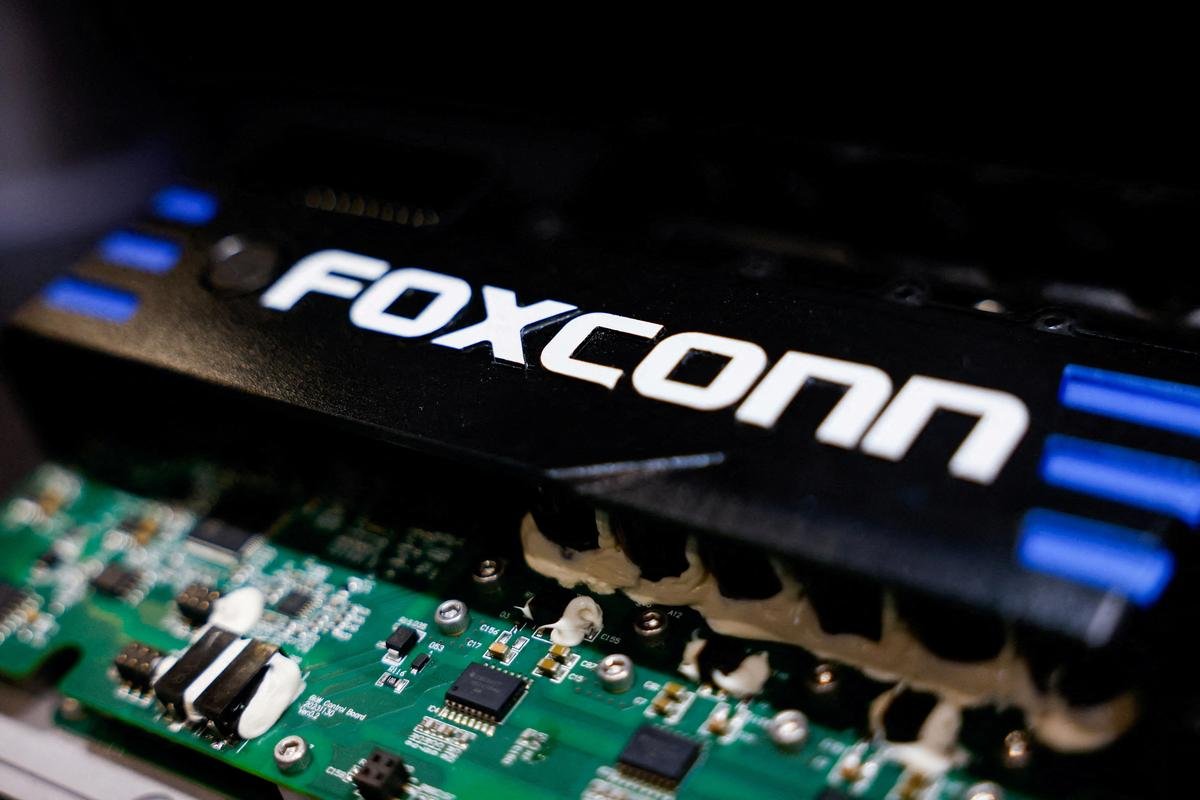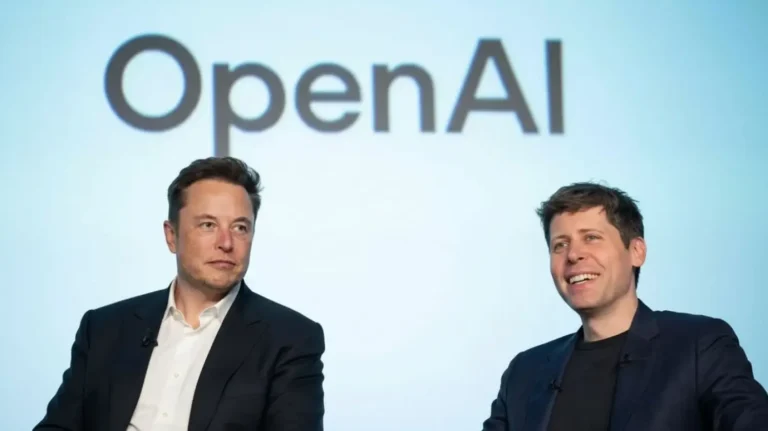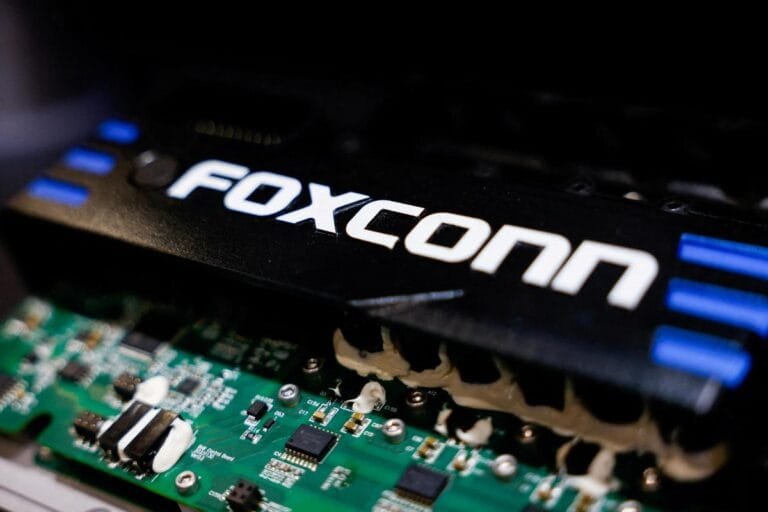
Foxconn will invest $1.37 billion in Taiwan to expand AI and cloud infrastructure between 2025 and 2026
Key Investment Details
Foxconn approved this plan at a board meeting The investment amount is 42 billion New Taiwan dollars, which translates to $1.37 billion US dollars The company will use its own funds, but the timeframe is from December 2025 to December 2026 This investment is for purchasing equipment The equipment will be for AI compute clusters and supercomputing centers, and the company aims to expand its cloud computing services while also rapidly developing three smart platforms related to AI, cloud, and smart manufacturing The investment will be in Taiwan A source confirmed this Foxconn, the world’s largest contract electronics manufacturer, is moving beyond smartphones and seeking new growth drivers in AI and cloud computing This investment is driven by the global wave of generative AI Foxconn is now moving beyond traditional electronics and will strengthen its position in AI infrastructure.
Foxconn Background
Foxconn’s full name is Hon Hai Precision Industry The company was founded in Taiwan in 1974 by Terry Gou Foxconn assembles iPhones for Apple It operates factories worldwide and employs millions of people In recent years, Foxconn has diversified, venturing into electric vehicles and now focusing on AI In May 2025, Foxconn partnered with Nvidia to build an AI center in Taiwan with a power capacity of 100 megawatts This center will be for AI research In August 2025, Foxconn also struck a deal with SoftBank to manufacture data center equipment in Ohio at a former EV factory This is part of the Stargate project, which aims to boost US AI infrastructure Foxconn is Becoming a Global Player in AI
What is an AI Compute Cluster?
An AI compute cluster is a group of multiple servers These servers work together to process large amounts of data They are essential for training AI models, and the cluster contains GPUs and TPUs They provide high-performance computing, and Foxconn’s cluster will support cloud services Users will be able to use AI tools remotely This will accelerate business operations The cluster will be energy efficient. Taiwan’s grid will handle it, as will the role of the supercomputing center, which is for high-speed computing It conducts scientific research, assisting in weather forecasting, drug discovery, and AI training Foxconn’s center will go beyond AI applications; it will also perform general high-performance computing The center will have thousands of processors, providing petaflops speeds. FLOPS is a unit of computation This center will make Taiwan an AI hub Researchers will work there.
Impact on Taiwan and Global AI
This investment will boost Taiwan’s economy Taiwan is home to semiconductor manufacturing TSMC is located there Foxconn’s move will promote AI chips Jobs will be created, and skilled workers will receive training Globally, this will strengthen Taiwan’s position in the AI race The US and China are ahead Foxconn’s move will bring balance Companies are investing in AI infrastructure, and Google and Microsoft have invested billions Foxconn will not be left behind, and related projects, such as the Nvidia project in May 2025, are significant A 100-megawatt power center will be built Nvidia’s GPUs will be used. This will accelerate AI development, and Foxconn and Nvidia will innovate together The Stargate project is US-focused. SoftBank and Foxconn will set up a factory in Ohio It will manufacture equipment for data centers, expanding the AI infrastructure project Foxconn will strengthen its position in the global supply chain.
The broader trend of AI
AI is growing rapidly. Generative AI like ChatGPT has revolutionized the field Companies are investing in computing power Supercomputers are the backbone of AI They train large models, contributing to the AI market reaching $200 billion in 2025 By 2030, it will reach a trillion dollars Foxconn is entering at the right time. It is a hardware expert Its strength in AI hardware will be beneficial, along with dedicated applications in AI and the human brain Now, let’s talk about the impact of AI on the human brain AI is dedicated to understanding the human mind In neuroscience, AI analyzes brain scans, finding brain patterns from MRI data Scientists detect diseases such as Alzheimer’s or depression, which is revolutionizing brain-computer interfaces (BCI) Companies like Neuralink are creating implants AI decodes signals, allowing individuals to control computers with their thoughts Paralyzed people may be able to walk again.
The role of AI in neuroscience
In neuroscience, AI analyzes data It processes brain calcium images It tracks the activity of neurons Researchers observe patterns This speeds up the development of drugs, and AI models predict brain waves Sleep disorders are detected from EEG data AI guides meditation apps It monitors the user’s stress level In cancer research, AI spots brain tumors Early detection is possible with CT scans It assists in surgery planning AI simulations reduce risksAI tools are revolutionizing mental health, bringing about an AI revolution in this field Virtual therapists are available 24/7 They provide CBT (Cognitive Behavioral Therapy) The system tracks user progress, and AI voice analysis detects depression It understands sentiment from tone and speed and sends reports to doctors AI also checks students’ mental health in schools.
The Future of Brain-Computer Interfaces
AI is central to BCIs Implants read brain signals, and AI translates them Individuals can type without a keyboard Mind control is used in gaming, and in medicine, BCIs treat paralysis People with spinal injuries will be able to walk AI learning algorithms adapt and match the user’s brain However, there are challenges Surgery is risky, data security is crucial, and AI bias must be avoided Investments from companies like Foxconn will boost innovation, along with the combination of AI and human intelligence, which augments the human mind This is called augmented intelligence Individuals and machines work together, increasing creativity and speeding up problem-solving In education, AI tutors understand student weaknesses, provide personalized lessons, and help with exam preparation In business, AI assists in decision-making, extracting insights from data, allowing managers to stay focused.
Ethical Issues and Concerns
AI has benefits, but also risks. Privacy is threatened by brain data Hackers could gain access Regulations are necessary There is also the fear of job loss, as AI will take over routine tasks, but new jobs will be created, and training programs will be implemented AI bias can lead to discrimination training data must be kept clean Foxconn should focus on ethical AI, and this investment will position Foxconn as a leader in the field The center will be ready by 2026 Partnerships will increase, and revenue will grow, making Taiwan an AI hub Startups will be attracted, and innovation will be sparked In conclusion,
Foxconn’s $1.37 billion investment is a game-changer It will boost AI computing and supercomputing AI-dedicated applications are beneficial for the human brain It will revolutionize neuroscience, mental health, and brain-computer interfaces (BCI) In simple terms, AI will become our partner, strengthening the mind With steps like these from Foxconn, the future is bright.



